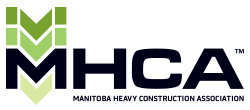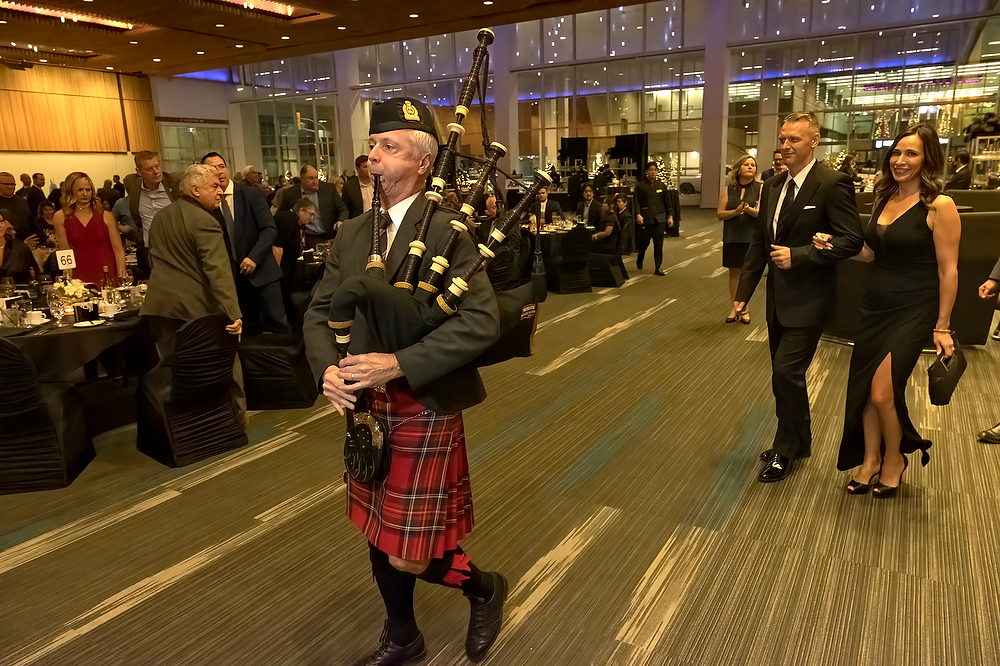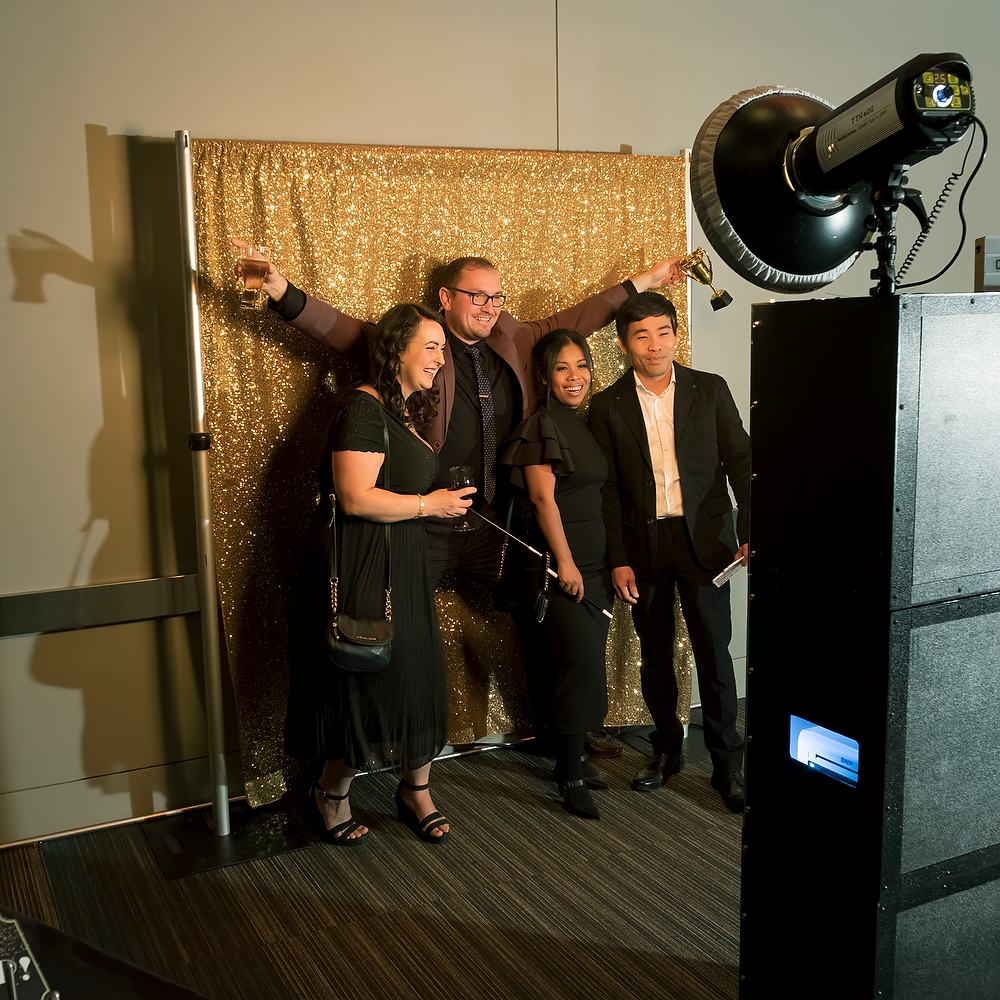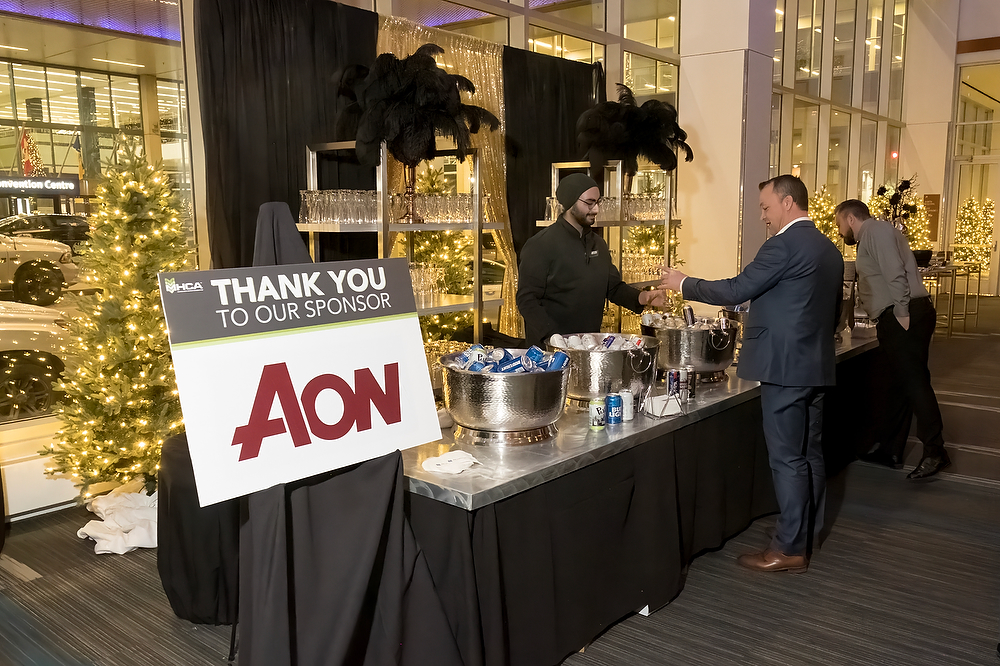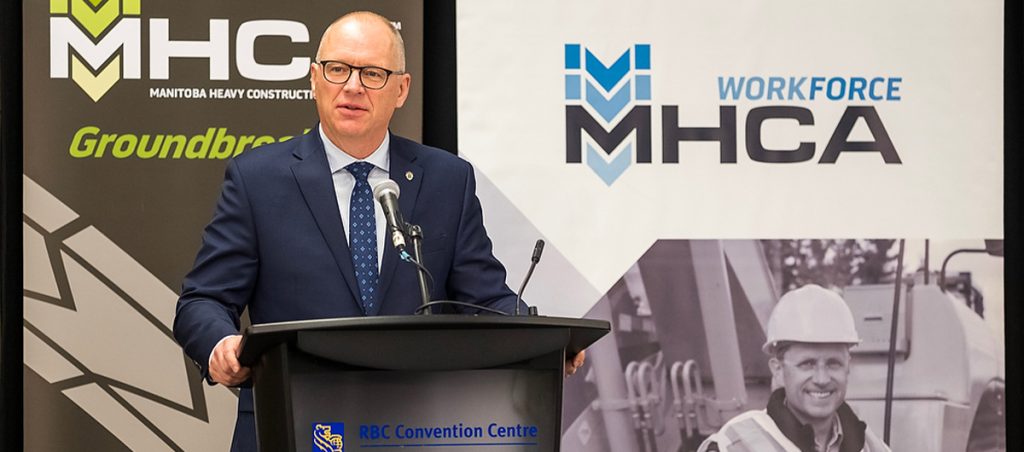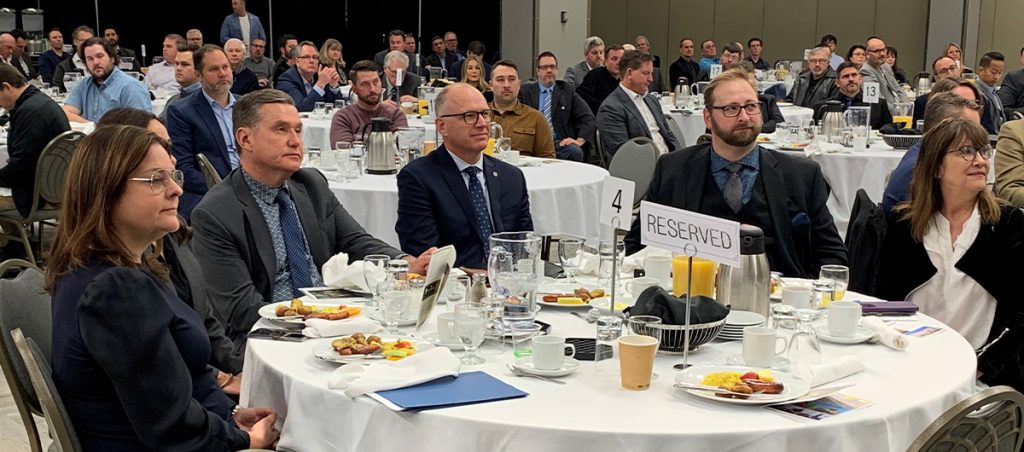Infrastructure investment key to Winnipeg’s future: Gillingham
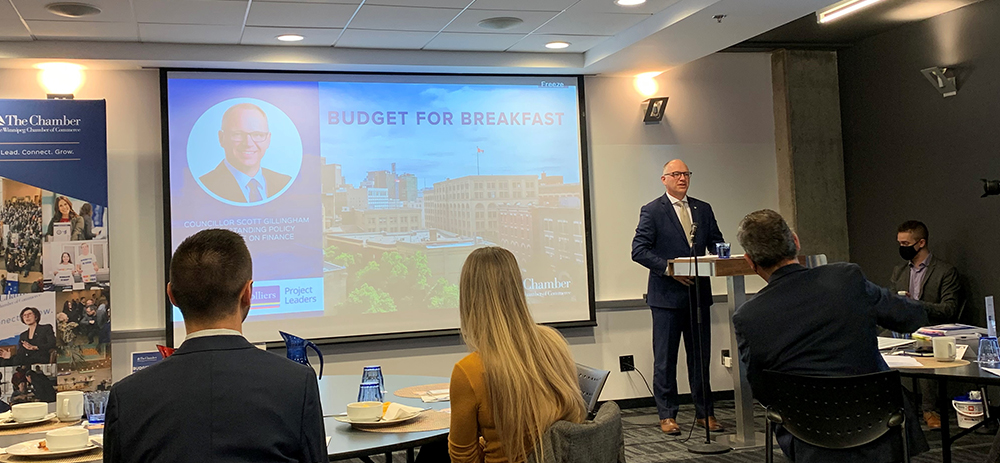
Investing in roads is an investment in economic development and the city of Winnipeg’s future, Coun. Scott Gillingham told some 40 people at the Winnipeg Chamber of Commerce’s Budget for Breakfast event November 29.
Gillingham, Chair of City Council’s Finance Committee, delivered the 2022 preliminary Operating and Capital Budget on Friday, November 26. It included $164.7 million for the local and regional street renewal program, an increase of more than $12 million over 2021.
However, the draft budget also diverts revenues raised by the annual 2% property tax hike – some $12.6 million – to the operating budget, to mitigate the continuing economic impact of the pandemic.
The 2% annual tax, introduced in stages in 2013 and 2014, is supposed to be dedicated to street renewal each year.
To keep the street renewal budget whole, the City is drawing the same amount from the federal gas tax transfers, which must be used for infrastructure.
“We needed to find $43.5 million (in budget shortfall) for 2022 alone,” Gillingham told the business crowd.
The budget shows Council recognizes the economic value of strategic infrastructure investments, he said.
The $164.7 million for road renewal reflects the fact roads are the arteries of the city economy, creating jobs in 2022 and beyond.
As well, the draft budget holds funding increases for active transportation, combined sewer overflow work, and plots significant investment for water and wastewater servicing in the Airport Area West. Further, there is $3 million to launch a comprehensive infrastructure strategy, beginning with mapping out underground sewer capacity.
Such investments are required to ensure that Winnipeg’s employment lands reach their potential, so the city can attract new residents.
“People move to cities where jobs are available,” Gillingham said. Winnipeg needs to be seen as a city of opportunity, and ensuring a strong supply of serviced industrial land is key to that.
The MHCA will speak to the draft budget at meetings of the Infrastructure Renewal and Public Works Committee, Executive Policy Committee and Council itself. The primary concern is the precedent set by shifting the revenues of the annual 2% property tax to a use never contemplated when the dedicated tax was put in place.
Gillingham, in a question-and-answer session, stressed the diversion is a one-time-only move, noting the 2% tax is identified as a funding source again in 2023 street renewal program.
